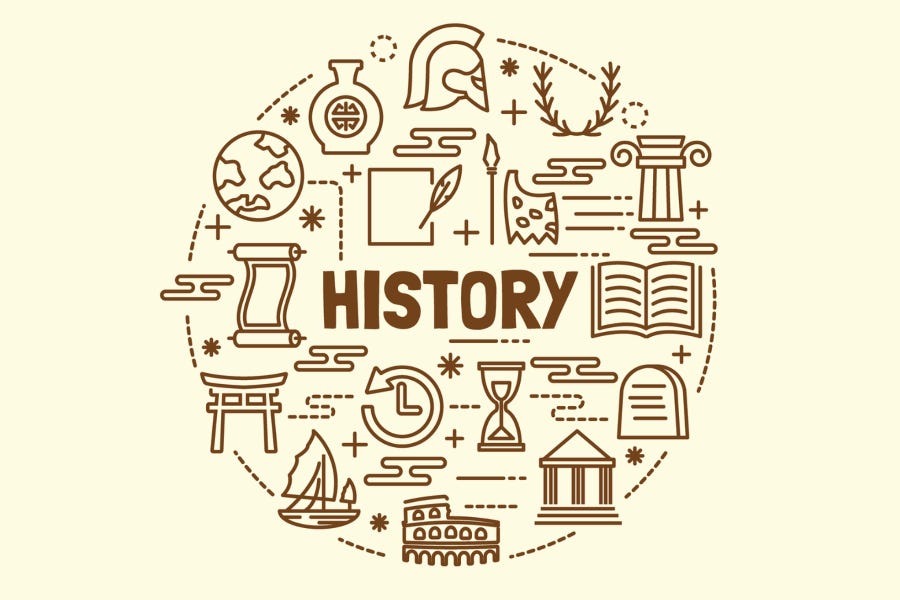Public records as history's first draft

It’s not uncommon in our fractious political discourse for someone to hurl admonishments at foes that they must learn from history lest they be doomed to repeat it.
But how can we know history if we can’t even agree on what history is? Even without the acrimony or political axes to grind, there are many ways to view history, the same history, even.
History as dates, names, battles. Conquerors, trade routes, catastrophes. Great men (and women), great deeds, great convergences.
How detailed we want to get with our history depends on how interested we are in the subject matter. We are satisfied with broad paint strokes for some things but demand pointillism for others.
We examine the people, places and events. We zoom in, we telescope out. We consume facts and figures, letting our experiences and intellect wash over them to fashion context and meaning.
What will our moment in time look like in 50 years? 100? 500? What is our history? Who will the great names, the significant dates be? How will this complex life of ours be synthesized into books, articles, paragraphs? What will our great-great-grandchildren know of us as real people who led real lives?
How will anybody learn anything about any of this?
Records.
As multifaceted, contradictory, inconsistent and uncategorizable as we are as humans, to future generations we will be but names and entries in a collection of records, just as past generations are to us now.
Interviews, diaries, photos, recordings, registers, deeds, books, licenses, newspapers, posters, pamphlets, videos, Facebook posts, text messages, blogs, tweets, etc., etc.
They are all records, and many of them – troves of them – are government records. They are the records generated in the course of work by government employees, bureaucrats and elected officials. They are public records. They can be accessed through public records laws for all to see. And in the future, even those records that can be kept confidential now lose their urgency, becoming part of the public record for academics, historians, genealogists and others to probe.
I don’t usually write about national issues. And I stay as far away from partisan politics as possible. But in the context of records as the wellspring from which history grows, I feel perfectly comfortable saying Donald Trump was wrong to treat records about U.S. nuclear and foreign policy as if they were his personal records to manage as he saw fit. I feel equally comfortable saying Hillary Clinton was wrong to treat email messages about State Department business as if they were her personal records to manage as she saw fit.
This isn’t about moral equivalence or what-about-ism. This is about the contempt they both showed, and the contempt so many others too often show, for the records of the public’s business. These are the government’s records, and by extension the People’s records.
Blithely citing exemptions or fighting tooth and nail by contorting statutory language just to make sure no one but the privileged few can see records is at best shortsighted and at worst a blatant disregard for who we are and how we will be known to future generations.
Let the records speak for themselves.



Add new comment